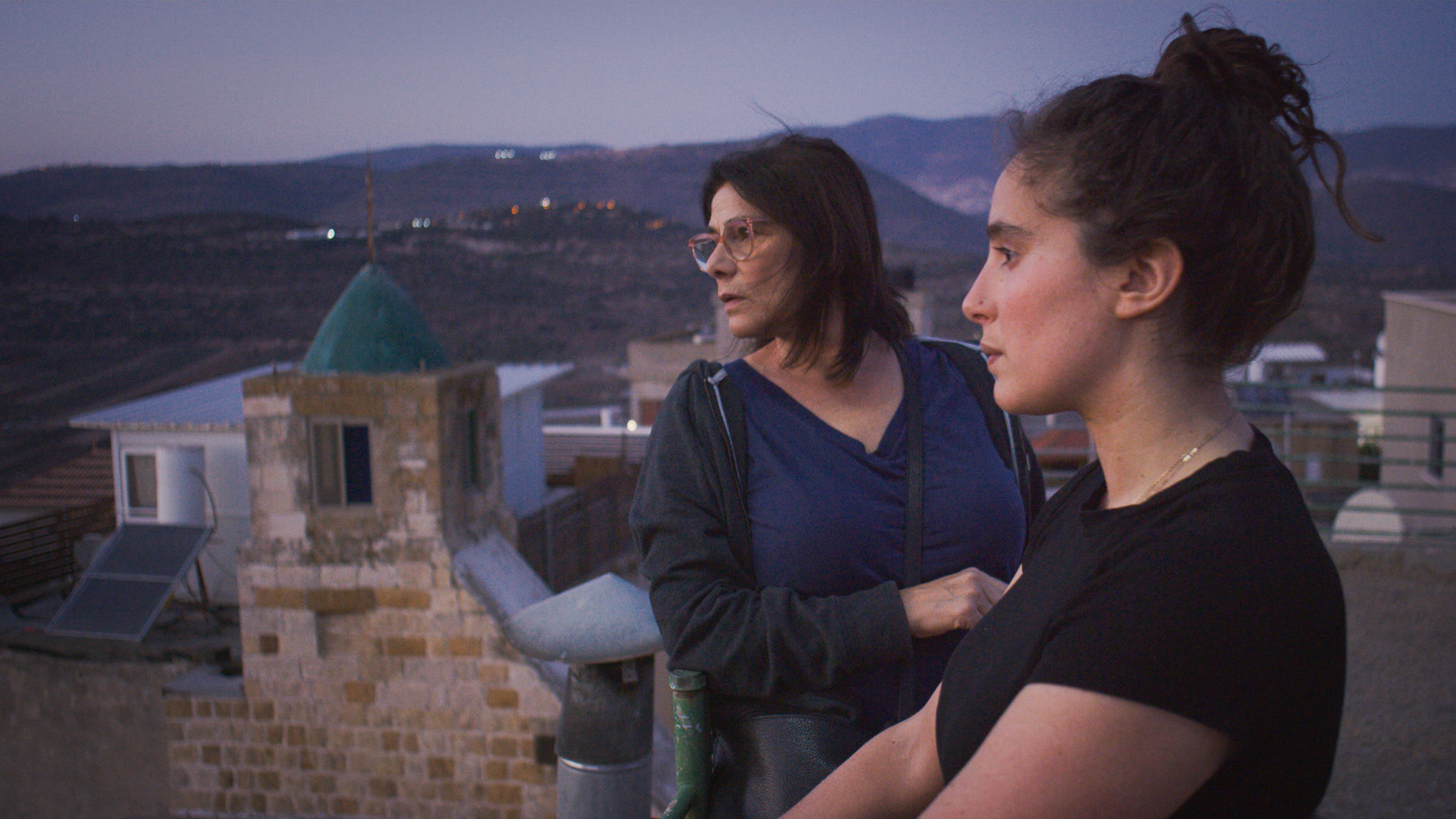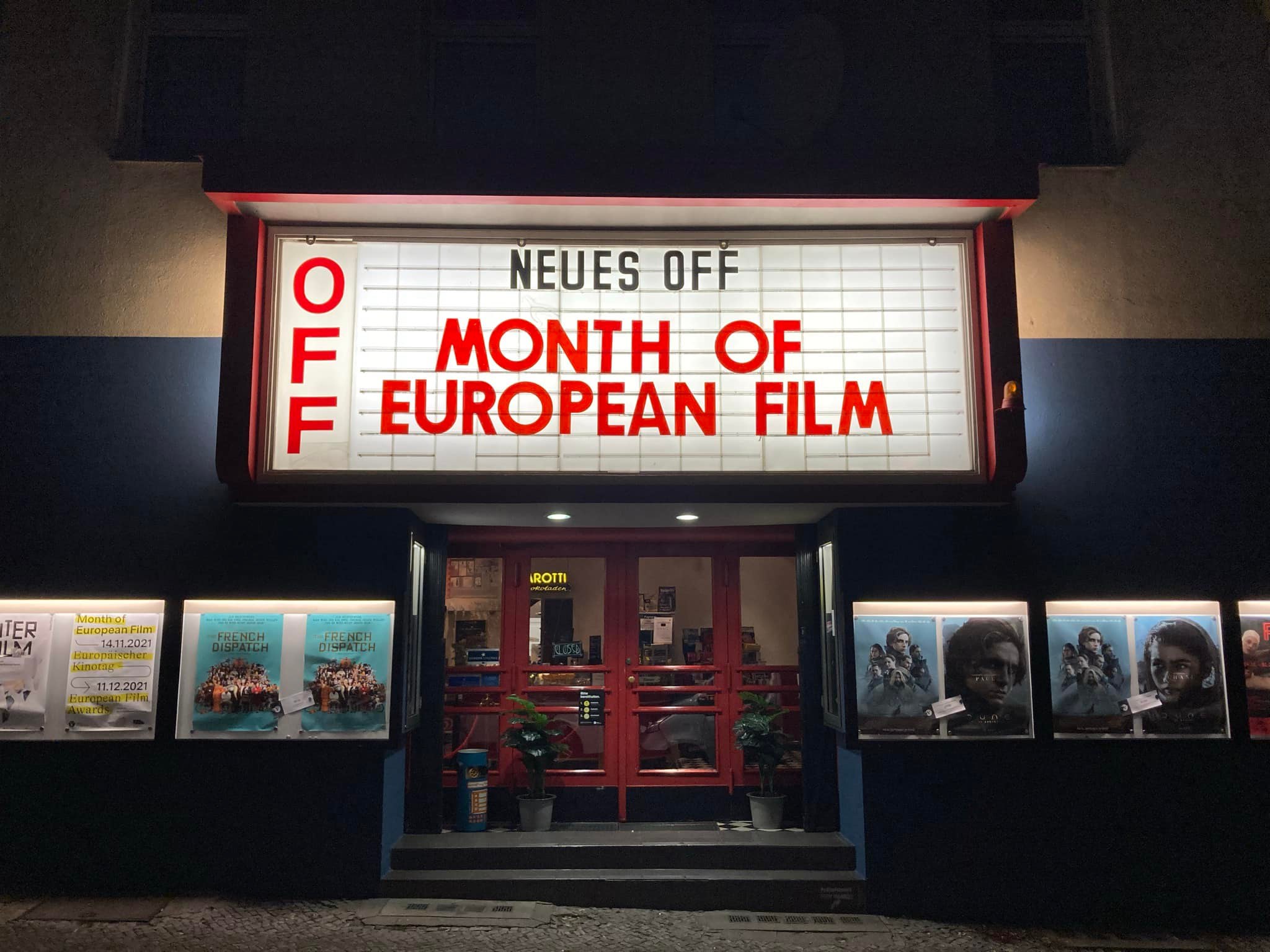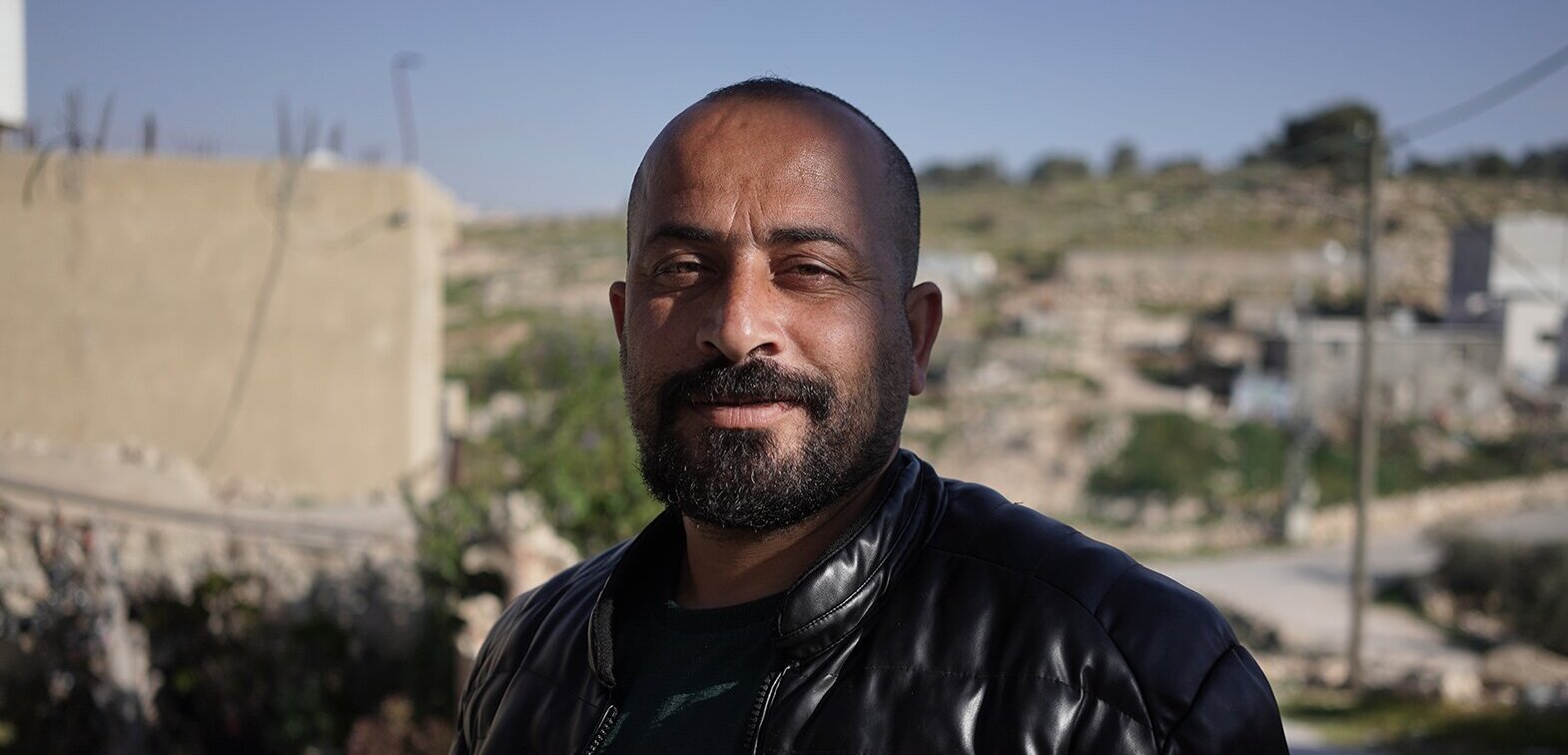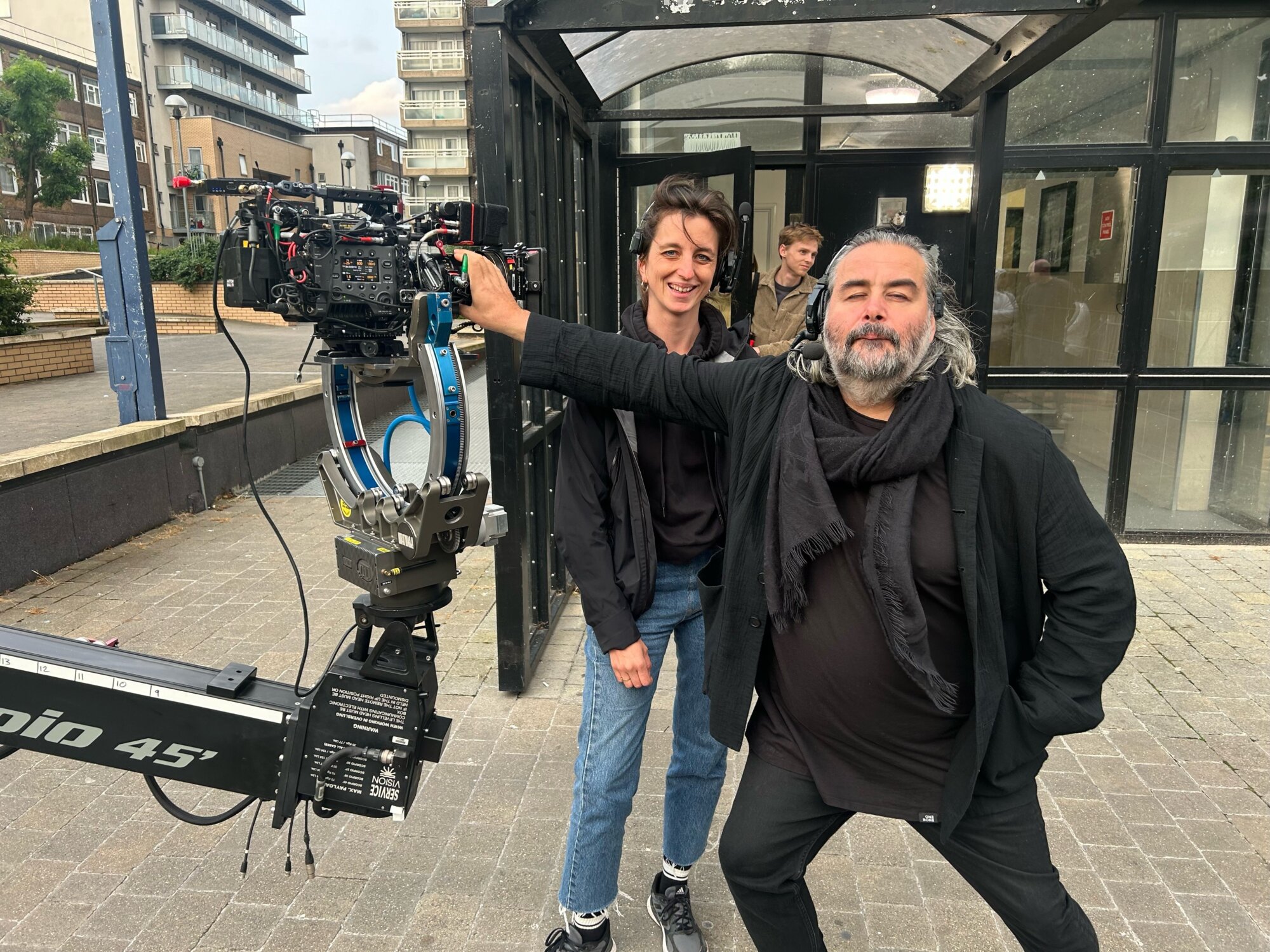BYE BYE TIBERIAS
BYE BYE TIBERIAS

BYE BYE TIBERIAS
BYE BYE TIBERIADE
France, Belgium, Palestine, Qatar
SYNOPSIS
In her early twenties, Hiam Abbass left her native Palestinian village of Deir Hanna in Galilee to follow her dream of becoming an actress in Europe, leaving behind her mother, grandmother, and seven sisters. She settled in Paris where she had her daughter Lina. Every summer when Lina was a child, Hiam took her to the village to visit the family.
Thirty years later, Lina stumbles upon videotapes from the nineties retracing their Palestinian summer holiday. She watches the videos and recognises the familiar faces of the women who marked her childhood: her younger mother, her grandmother Nemat, her great-grandmother Um Ali, her seven aunts. They seem to be the guardians of a temple in which all collective and intimate memories are preserved. Lina realises her mother never spoke about why she left. She decides to return to the village and to question her mother’s bold choices, her chosen exile, and the way the women of their family have impacted both their lives. She revisits lost places, reactivates buried memories, collects untold stories and highlights four generations of daring Palestinian women who keep their story alive through the strength of their bonds, despite exile, dispossession, and heartbreak.
BYE BYE TIBERIAS pieces together images of the present, family footage from the nineties and historical archives to explore how memory, space, femininity, and resistance are passed down from one generation to the next. A journey into the lives of women who had to leave everything and start anew – over and over again.
CREDITS
Directed by: Lina Soualem
Written by: Lina Soualem, Nadine Naous, Gladys Joujou
Produced by: Jean-Marie Nizan, Guillaume Malandrin, Ossama Bawardi
Cinematography: Frida Marzouk, Thomas Brémond, Lina Soualem
Editing: Gladys Joujou
Original Score: Amine Bouhafa
Sound: Gervaise Demeure, Ludovic Escallier, Lina Soualem, Julie Tribout, Benoît Biral
STATEMENT OF THE DIRECTOR
“We don’t belong to a place; we belong to the story of the place.”
Despite her exile in Europe and the way she has distanced herself from the habits and customs of her origins, my mother Hiam has an unbreakable bond with the women of her family. Apart from the intimate stories uniting them, they share a common fight against the patriarchal societies they live in. Their combat to exist freely and fully is more significant in the context of war, exile, and heartbreak.
By taking me each summer to her native Palestinian village, it seems that my mother wanted me to bathe in a pool of family stories and collective memory. In the film, I embody the fourth generation of women present on screen, and the first-to-be-born outside of Palestine. I carry in me the memories of the women in my family and the history of forced displacement and dispossession they faced. By telling their story, I intend to reclaim the personal, historical and visual legacies that I have inherited. I question these legacies, confront them and intertwine them in order to answer a question that haunts me: how does a woman find her place when caught between worlds?
The stories unfolding are not simply a matter of transmission from woman to woman or from mother to daughter. The stories passed on by these women weave the history of a people, deprived of its identity and constantly bound to reinvent itself. This is a story about vanished places, life-changing experiences, and scattered memories.
By making this film, I follow the same path as the women in my family. I continue what they have started. In fact, passing on our story has always been central. It is through storytelling that we break free. With our words, we fight against erasure. That is why I feel a constant urge to share these stories. To seize them before they vanish into oblivion, to preserve the images of a world rapidly disappearing. Images that stand as proof of a denied existence.
-
Documentary Film Selection 2024
Nomination European Documentary 2024
Nomination European Film 2024








